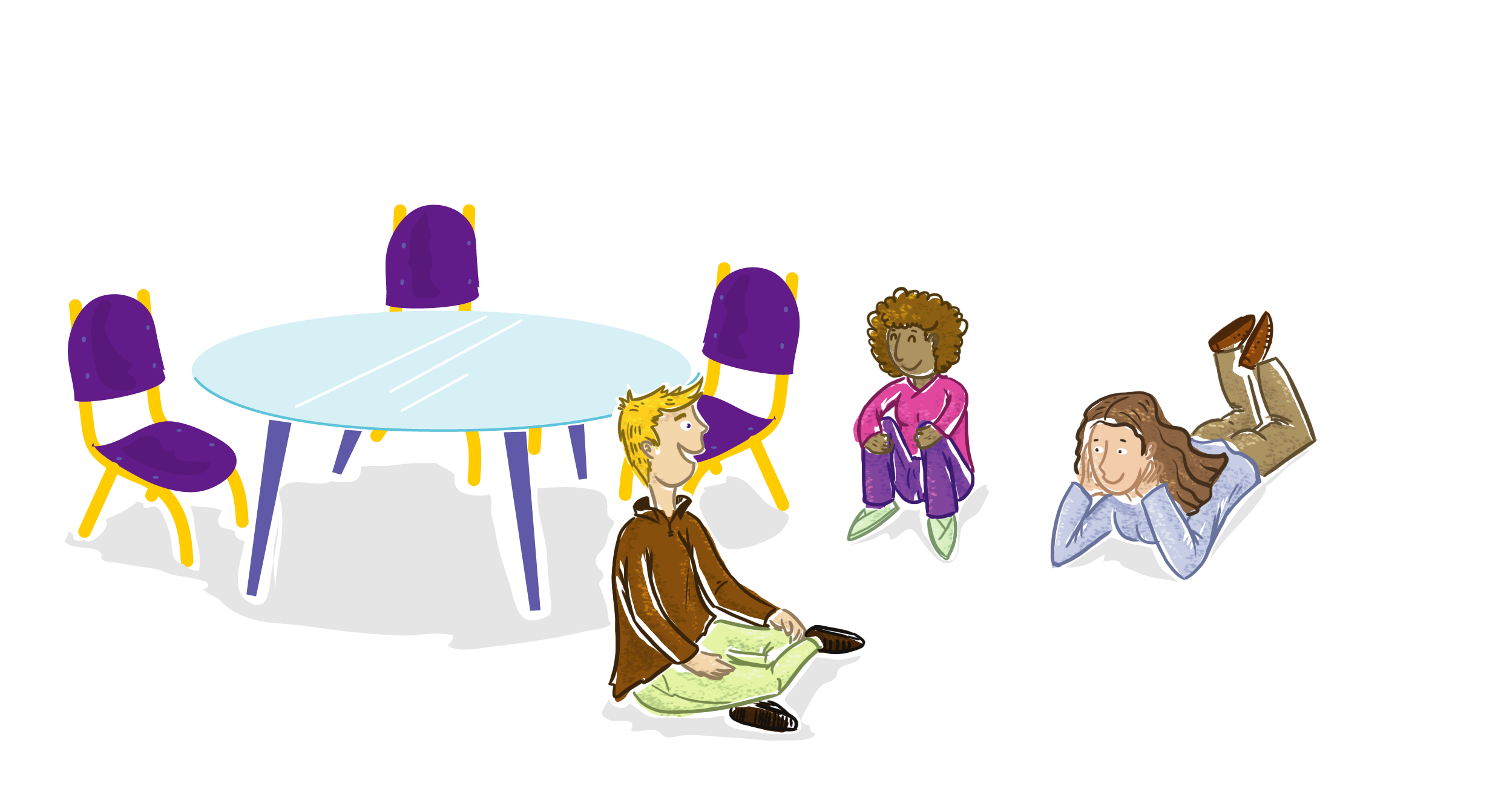Controversial issues in the curriculum – Creating opportunities to talk
Living Democracy » Principals » CONTROVERSIAL ISSUES » Controversial issues in the curriculum » Controversial issues in the curriculum – Creating opportunities to talkWhile some school subjects are more associated with controversy than others, there are opportunities to talk about controversial issues in every subject in the curriculum if you know where to look. Discussing these issues in class will contribute not only to students’ democratic education, but also to a deeper understanding of the subject itself.
Subject-teachers may not always recognize that these opportunities exist, however. Therefore, make use of these two activities to help your staff identify some of the possibilities.
1. Subject matching
Form mixed groups of teachers from a range of school subjects. Ask the groups to brainstorm examples of issues which are currently controversial in your school, community or society. Identify the ones already covered in the mandatory curriculum and put these on one side. Ask the groups to focus on the issues which are left and rate them according to their perceived relevance to the lives and education of your students. The groups then choose the most relevant issues and try to make connections between these and the current subjects in your school curriculum. Collate the results from the different groups and ask subject heads or subject lead-teachers to consider how they might incorporate these issues into the teaching of their subjects.
2. Cross-curricular speed dating
Arrange a room with a row of three chairs facing each other on either side of each table. Divide your staff into groups of six, with no group containing two teachers who teach the same subject. Arrange each group in three pairs around a table, with the members of each pair facing each other. Ask each pair to identify a controversial issue which overlaps with their two subjects. Rotate one place within the group every few minutes and repeat the process. Pairs should note take notes of their suggestions to discuss later in a large group debrief.


